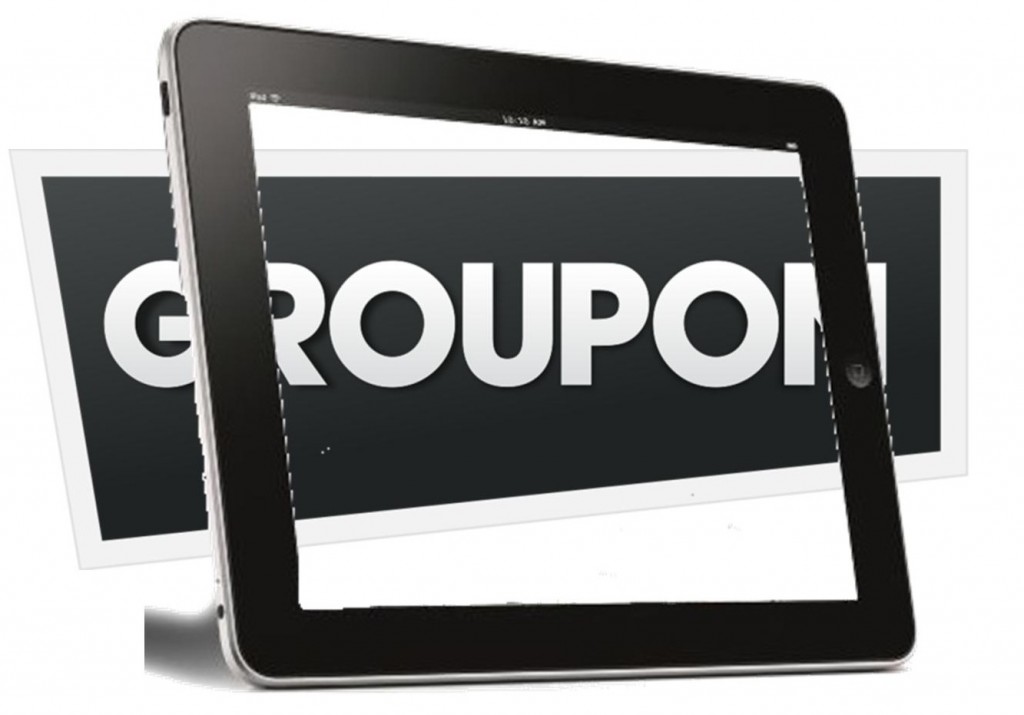Mobile commerce competition continues to heat up
It is not uncommon for companies to compete with one another, especially in the field of mobile commerce. It is relatively uncommon, however, for start-ups to target large corporations as their major competition. Mobile commerce firm Zapp, which is based in the United Kingdom, has taken aim at both Visa and MasterCard, seeking to dethrone these two companies in the mobile commerce arena. Zapp plans to boast of more than 20 million users by the end of 2017, an ambitious goal that if achieved would make the firm one of the most successful entities in the mobile commerce field.
Zapp aims for 20 million users by 2017
Zapp was launched earlier this year and aims to make mobile payments in stores, online, and through applications more convenient and accessible to consumers in the United Kingdom. The firm intends to incorporate its mobile payments system into banking application from some of the country’s largest financial firms. Zapp is reportedly close to closing deals with three prominent banks in the UK, which will give the company significant momentum to launch its mobile commerce services through these institutions at some point next year.
 Banks could incorporate Zapp services
Banks could incorporate Zapp services
Zapp is designed to bypass card networks. Using Zapp, consumers will have a direct connection to their bank accounts, which can be used to make mobile payments for goods and services. Zapp claims that this will make mobile commerce more convenient for consumers as they will never have to deal with physical cards or other forms of physical currency.
Retailers show interest in Zapp
The mobile commerce firm is not only focused on banks, of course, as it also expects several prominent retailers in the UK to make use of its services. Zapp is proving attractive to retailers through the promise of higher checkout completions and the low fees associated with the services it offers. Whether Zapp will be able to compete with Visa and MasterCard among retailers and banks has yet to be seen, as both Visa and MasterCard have a significant head start over the mobile commerce start-up.
The company is refocusing both its application and mobile site on search, personalization, and local.
Although Groupon has been very successful in mobile, it has been struggling since it became a publicly traded company and has been working to overcome those challenges through the use of geolocation technology and other mobile friendly techniques.
Since the CEO of the company, Andrew Mason, was sent packing, the company’s revenue has declined.
In fact, since that time, there has been a steady reduction in the daily deal site’s income. This has occurred as consumers seem to be growing immune to the emails of flash sales, either shying away from them or completely ignoring them. However, the current CEO, Eric Lefkofsky, has a new strategy in mind, which includes everything from geolocation technology to a highly personalized consumer experience.
Geolocation technology has become increasingly important in the mobile marketing environment.
 Both the mobile website and the app have now been changed at Groupon with a considerable shift in their focus. They are now aiming directly at the places in which people actually look for their deals. Therefore, there has been a considerable swing toward personalization, geolocation technology, and search. These redesigns appear to make a great deal of sense and could make all the difference in turning the company’s revenue trend around, to an upward direction.
Both the mobile website and the app have now been changed at Groupon with a considerable shift in their focus. They are now aiming directly at the places in which people actually look for their deals. Therefore, there has been a considerable swing toward personalization, geolocation technology, and search. These redesigns appear to make a great deal of sense and could make all the difference in turning the company’s revenue trend around, to an upward direction.
In fact, the geolocation technology based “Local Explorer” feature has opened up a number of new opportunities as it automatically pops up content within the user’s current city. This was once served only with a “nearby” tag. Now, it detects the user’s location and alters the background, sending targeted deals by way of push notifications, as well. These provide users with reminders of the existence of the app while they’re on vacation or travelling; times in which they are most likely to want discounts in places such as restaurants.
Moreover, beyond geolocation technology, there is also now a search bar at the top of all of the mobile screens, which place a greater focus on searching, which has never been there, before. Along with the personalized greetings and deals, this suggests a considerably enhanced experience for the customer.
 Banks could incorporate Zapp services
Banks could incorporate Zapp services
 Both the mobile website and the app have now been changed at Groupon with a considerable shift in their focus. They are now aiming directly at the places in which people actually look for their deals. Therefore, there has been a considerable swing toward personalization, geolocation technology, and search. These redesigns appear to make a great deal of sense and could make all the difference in turning the company’s revenue trend around, to an upward direction.
Both the mobile website and the app have now been changed at Groupon with a considerable shift in their focus. They are now aiming directly at the places in which people actually look for their deals. Therefore, there has been a considerable swing toward personalization, geolocation technology, and search. These redesigns appear to make a great deal of sense and could make all the difference in turning the company’s revenue trend around, to an upward direction.